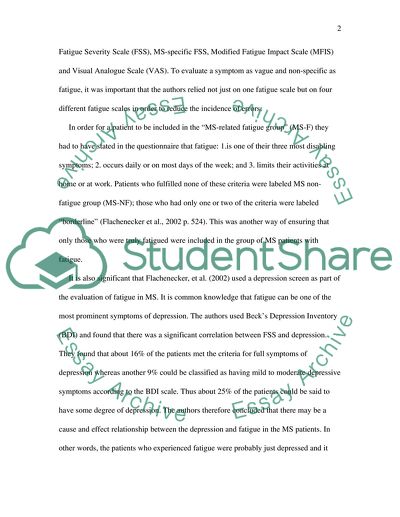Cite this document
(“Fatigue in relapsing-remitting multiple sclerosis patients Essay”, n.d.)
Fatigue in relapsing-remitting multiple sclerosis patients Essay. Retrieved from https://studentshare.org/miscellaneous/1540043-fatigue-in-relapsing-remitting-multiple-sclerosis-patients
Fatigue in relapsing-remitting multiple sclerosis patients Essay. Retrieved from https://studentshare.org/miscellaneous/1540043-fatigue-in-relapsing-remitting-multiple-sclerosis-patients
(Fatigue in Relapsing-Remitting Multiple Sclerosis Patients Essay)
Fatigue in Relapsing-Remitting Multiple Sclerosis Patients Essay. https://studentshare.org/miscellaneous/1540043-fatigue-in-relapsing-remitting-multiple-sclerosis-patients.
Fatigue in Relapsing-Remitting Multiple Sclerosis Patients Essay. https://studentshare.org/miscellaneous/1540043-fatigue-in-relapsing-remitting-multiple-sclerosis-patients.
“Fatigue in Relapsing-Remitting Multiple Sclerosis Patients Essay”, n.d. https://studentshare.org/miscellaneous/1540043-fatigue-in-relapsing-remitting-multiple-sclerosis-patients.


